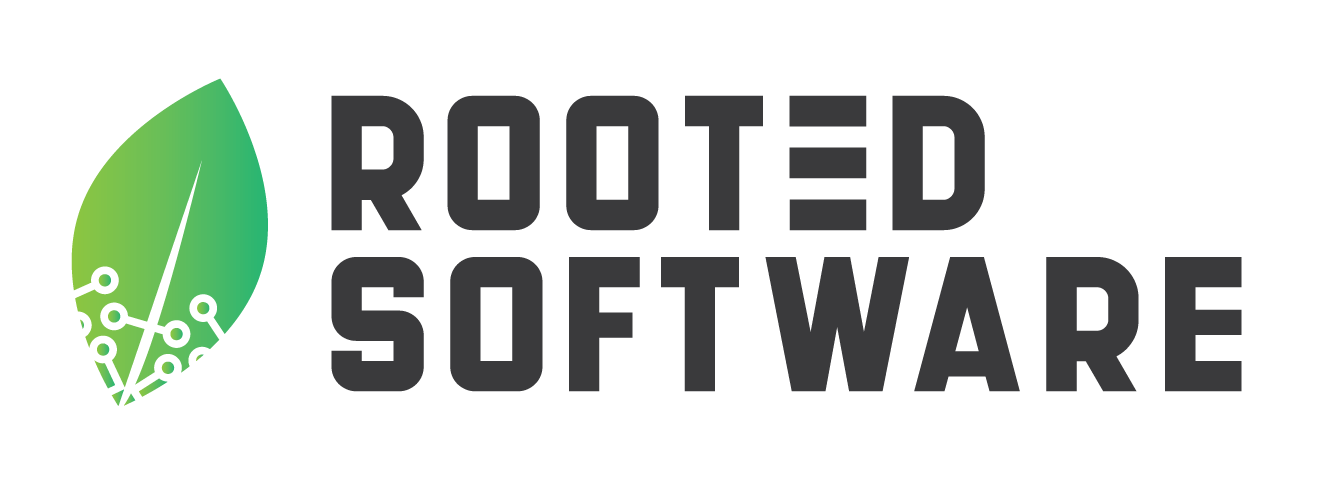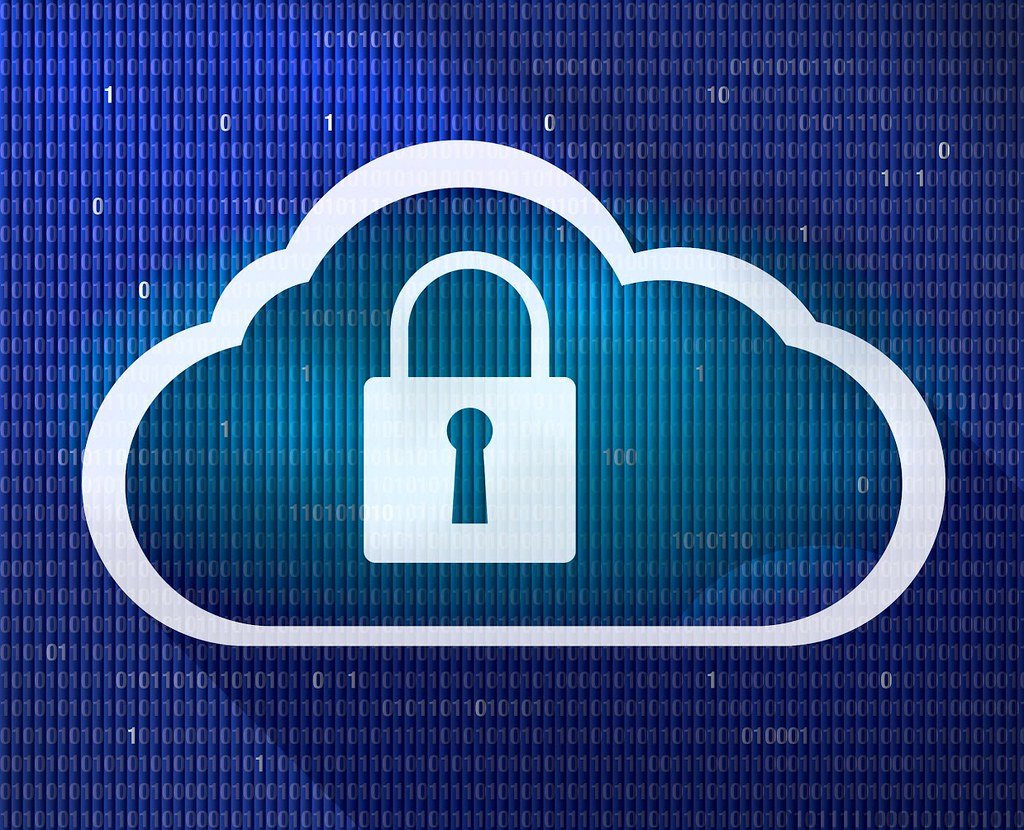Securing Your Data in the Cloud
Data security, like everything else in our lives, is advancing rapidly. There are a growing number of threats to your data every day. This constant, technological battle means that your storage solution from 5 years ago is most likely inadequate for today.
In these days of distributed workforces, cloud computing, and collaborative platforms; storing your data in the cloud is the inevitable as well as most convenient solution. However, with this solution comes the responsibility of securing your data in the cloud.
Today, cloud storage isn’t just backing up local files, we are storing everything there! Emails and attachments, client personal data, and custom application data are just a few of the crucial things we are storing. Here are several things to consider when thinking about cloud security:
Muti-factor authentication (MFA) is one of the best ways to ensure bots and hackers are not accessing your cloud platforms and data. In its various forms MFA can ensure that only the people you want get access to your data. Some MFA systems are as simple as a password and a PIN. Others use code generators, biometrics, or even a physical device like a USB key or ID card.
Secure hosting is another way to ensure your data is secure. While most hosting platforms will claim some level of security, you want to find one that has a team dedicated to keeping your data safe.
Encryption can be a very good way to protect your data. Like secure hosting, encryption is oft advertised and seldom understood. Server side encryption by the cloud provider still allows unencrypted data to be exposed to that provider and their potential security risks. Client side encryption means that the data is unencrypted locally and not at risk from cloud based attacks.
Infrastructure-level security is perhaps the most overlooked aspect of cloud data security. No matter how safe our data seems from unauthorized access, there is always a potential weak point with the ways in which we interact with it. While MFA can help with this, we would spend a lot of time authenticating if we didn’t allow some longer-term access via trusted devices and networks. A good IT setup will allow you to know that your networks and devices are only used by whom and when you want.
Compliance is another important factor when it comes to data security and cloud data storage is no different. Several industries have specific requirements regarding data accessibility, retention, and deletion that must be followed when considering cloud security.
While this may all seem overwhelming depending on where you are in this process, it doesn’t have to be. No matter the need, our team at Rooted specializes in helping organizations migrate their data and systems to the cloud safely, securely, and painlessly. We can also help with ongoing IT needs in all areas.

